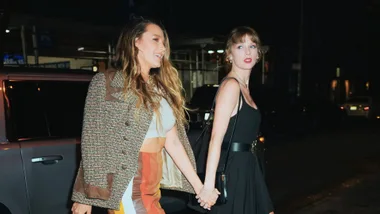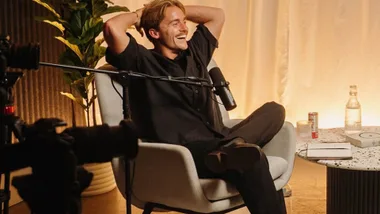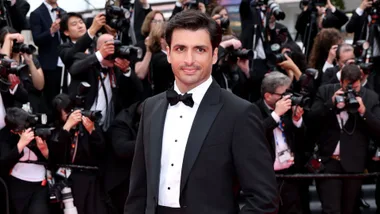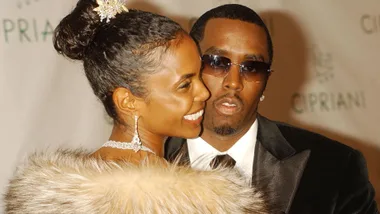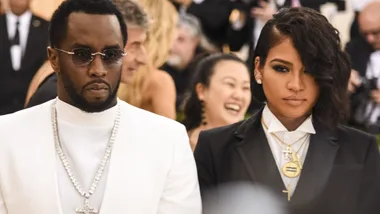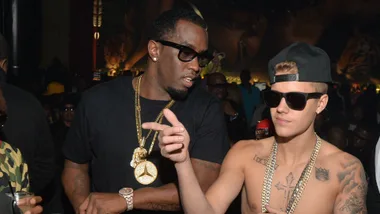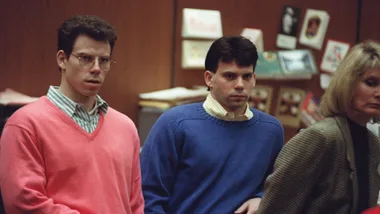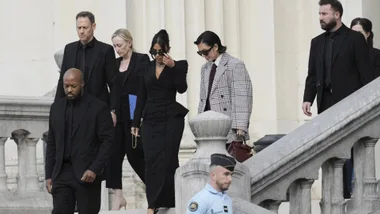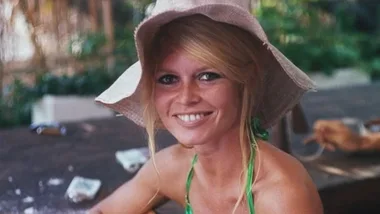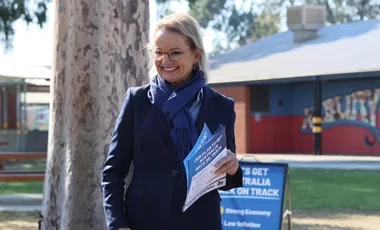Content warning: This article contains mentions of domestic violence and sexual harassment
“The majority of socials are so pro Justin and I don’t even agree with half of them lol… It’s actually sad because it shows you have people [who] really want to hate on women.”
These words – sent via text from Justin Baldoni’s crisis manager Melissa Nathan to his publicist Jennifer Abel – were intended to stay between colleagues. They were never meant for public consumption, much less legal action.
They’re certainly being consumed – and acted upon – now.
Reportedly subpoenaed by Blake Lively’s legal team, these comments have been published in an explosive story by The New York Times. The exchange forms part of Blake Lively’s complaint against Baldoni that alleges sexual harassment and a coordinated smear campaign during the controversy-ridden production and promotion of It Ends With Us.
In the wake of the sweeping and severe cancellation of Lively, these texts put a chilling spotlight on how deep our cultural bias against women *still* runs – and how readily we, as a collective, abandon nuance in favour of outrage. Especially in the grips of social media’s echo chamber.
While Baldoni denies the allegations, their existence alone begs the question: why was the public so quick to vehemently vilify Lively without pausing to consider her side of the story?
Two Truths And Alleged Lies: The Perils Of Polarised Pile-Ons
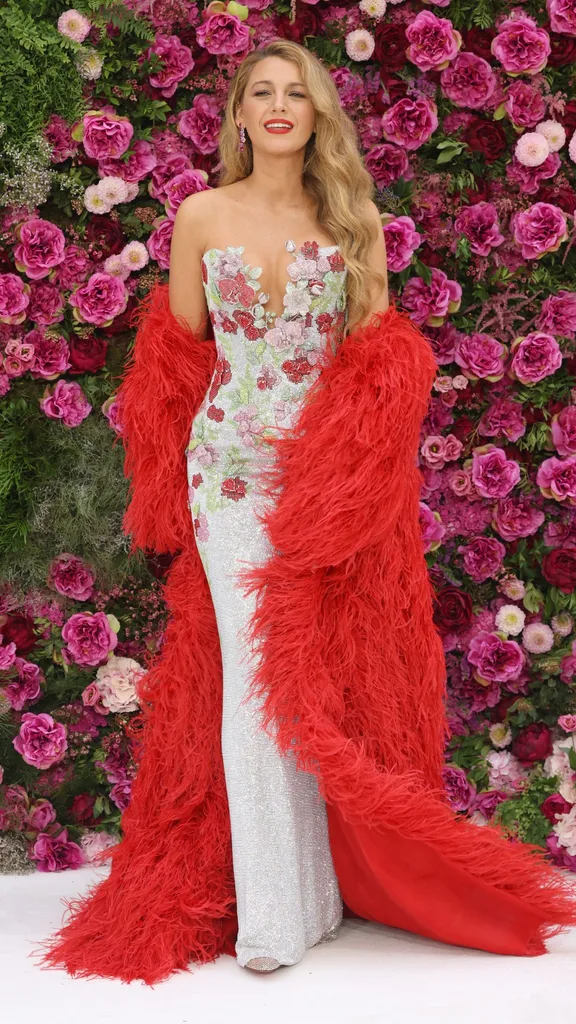
If you managed to resist the It Ends With Us rabbit holes, here’s the gist: a highly-anticipated film adaptation spiralled into a PR-nightmare when it became clear the leads were feuding, with Lively copping the brunt of brutal public backlash for a host of reasons.
Arguably the most incriminating among them was Lively’s ‘tone deaf’ promotion of the film, which is centred on breaking the cycle of domestic violence – an issue that unquestionably needs urgent attention.
Lively was criticised for misusing a unique opportunity to advocate for action to serve her own agenda, while Baldoni spoke about domestic violence in every interview. However, it’s since been reported by Megan Twohey, one of the New York Times journalists who broke the Weinstein story in 2017, that Sony instructed the cast to focus on the ‘uplifting message of the film’ – not DV – during its promotion. For better or worse, Baldoni was the one going off-script.
Yes, it’s hard to watch Lively’s mean girl-esque treatment of Flaa. And yes, it’s hard not to wince at her upbeat promotion for haircare and booze when gender-based violence impacts millions… But also, yes – Blake Lively, as rich, beautiful and successful as she is – could be a victim of sexual harassment.
Also in the case for cancelling Lively was a resurfaced 2016 interview in which she seems to bully journalist Kjertsi Flaa, and Lively’s opportunistic and ill-timed promotion of her haircare line, Blake Brown Beauty.
This is where nuance is needed.
Yes, it’s hard to watch Lively’s mean girl-esque treatment of Flaa. And yes, it’s hard not to wince at her upbeat promotion for haircare and booze when gender-based violence impacts millions.
Yes, it’s absolutely justified for domestic violence victims to be disappointed by the promotional tone of the film – whether the direction came from Sony or not – and speak out about that. But also, yes – Blake Lively, as rich, beautiful and successful as she is – could be a victim of sexual harassment.
Strategically coordinated or otherwise, she was most certainly the victim of online abuse from the public.
Multiple things can be true at once. And there’s still so much we don’t know. But these factors seemed to be forgotten by ‘the majority of socials’, as Nathan put it.
When Misogyny Fuels Media Flames
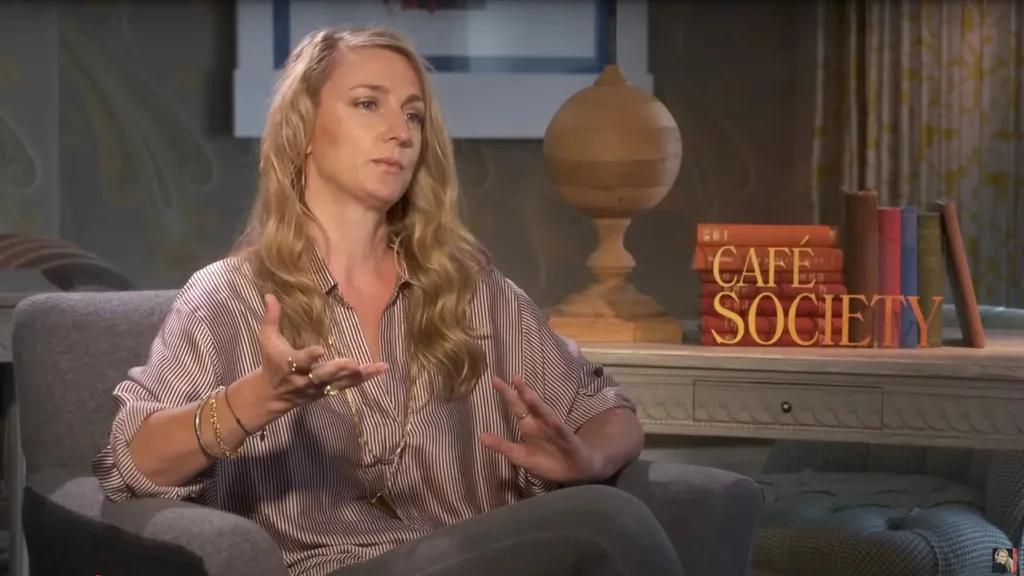
The vitriol against Lively wasn’t limited to her promotion of the film. It spilt into criticisms of her style, makeup, mannerisms, marriage, and general likeability.
It remains to be seen how much of the tidal wave of online hate was organic and how much was planted. But the volume and severity of it felt unprecedented, even by cancel culture’s standards. The public saw the entire cast and author of the story unfollow Baldoni – and still vilify Lively. It was misogyny en masse and groupthink at its most dangerous.
If Nathan – who also worked for Johnny Depp – did light the match, our cultural bias against women fuelled the fire.
Comments on Lively’s Instagram have been switched off for months, but users on the recent @NYTimes report – which details Lively’s claims of abuse against Baldoni and exposes texts that he “wants to feel she can be buried” – double down on ‘Team Justin’:
“What a crazy take. Even IF there was a smear campaign from Baldoni, they didn’t have to try very hard. Blake Lively’s own words speak for themselves, we all saw how she treated the interviewer.” – @jennifer_k3
“An interpersonal issue turned into a ridiculous lawsuit. She and her shampoo line ruined her own reputation.” – @emmmee_ameliee
Both the internalised — and the unapologetically blatant – misogyny runs deep.
Can It End With Us?
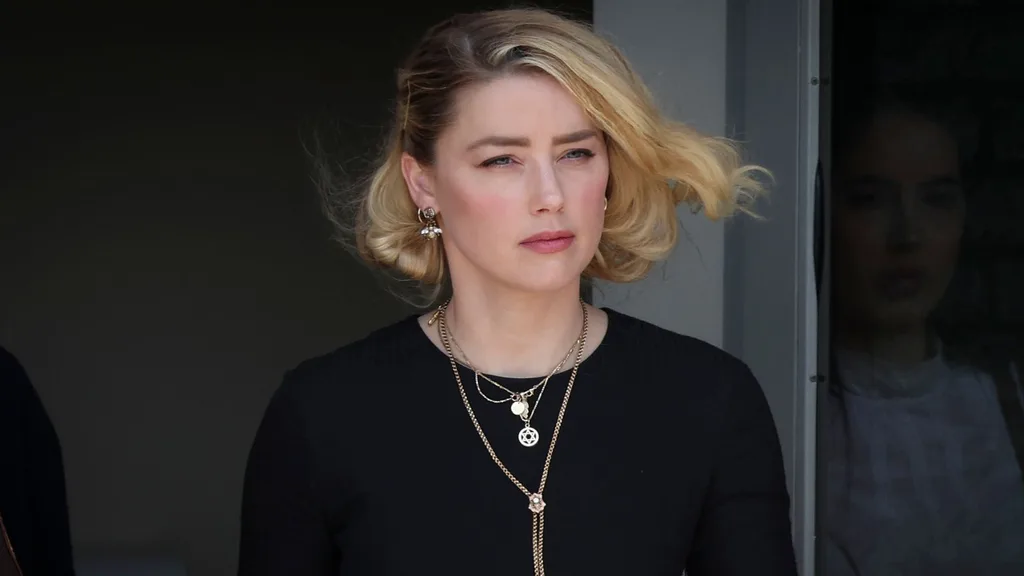
Justin Baldoni has been dropped by WME, the agency he shares with Lively, and has had his Voices of Solidarity Award by Vital Voices, an award that recognises men who advocate for women and girls revoked amidst the allegations.
Meanwhile, following the publication of the New York Times piece, there has been an outpouring of support for Blake Lively.
Most notably from Amber Heard, who was successfully sued for defamation by ex-husband and alleged abuser Johnny Depp in 2022. Depp used the same PR team as Justin Baldoni, and parallels have been drawn between her trial by social media and the smear campaign levelled at Lively. Her Sisterhood of the Travelling Pants co-stars have come to her defence along with It Ends With Us author Colleen Hoover who noted the bullying she has experienced on social media, which demands “perfection”, usually from women.
The speed and ferocity of social-media-fuelled pile-ons leave little room for considering the complexities of human beings and their actions. Algorithms divide us, and cancel culture is a trap we can easily fall into.
Before we succumb to binary thinking, can we pause and ask: Are we truly informed, or are we reacting to the loudest voices in the room? Are we holding everyone to the same standards, or are we acting out of subconscious bias?
Blake Lively’s case reminds us that misogyny is still pervasive, but it also offers an opportunity to do better – to choose nuance over noise, accountability over aggression, resist groupthink and question the narratives we’re fed. Real change takes time, but perhaps it can start with us.
Help is available.
- If you require immediate assistance, please call 000.
- If you’d like to speak to someone about intimate partner violence, call the 1800 Respect hotline on 1800 737 732 or chat online.
- If you’re under 25, you can reach Kid’s Helpline at 1800 55 1800 or chat online.
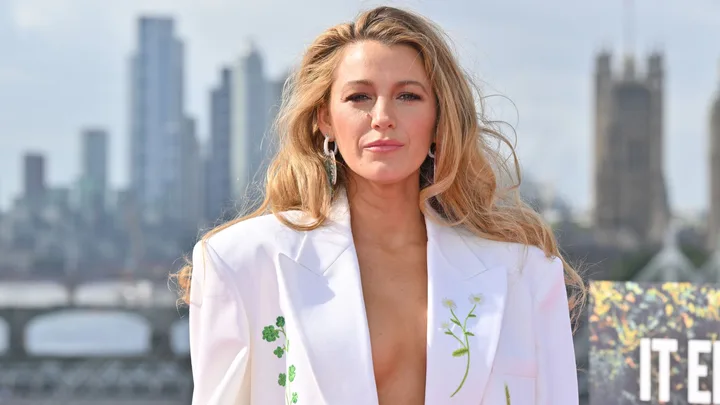 Getty
Getty
